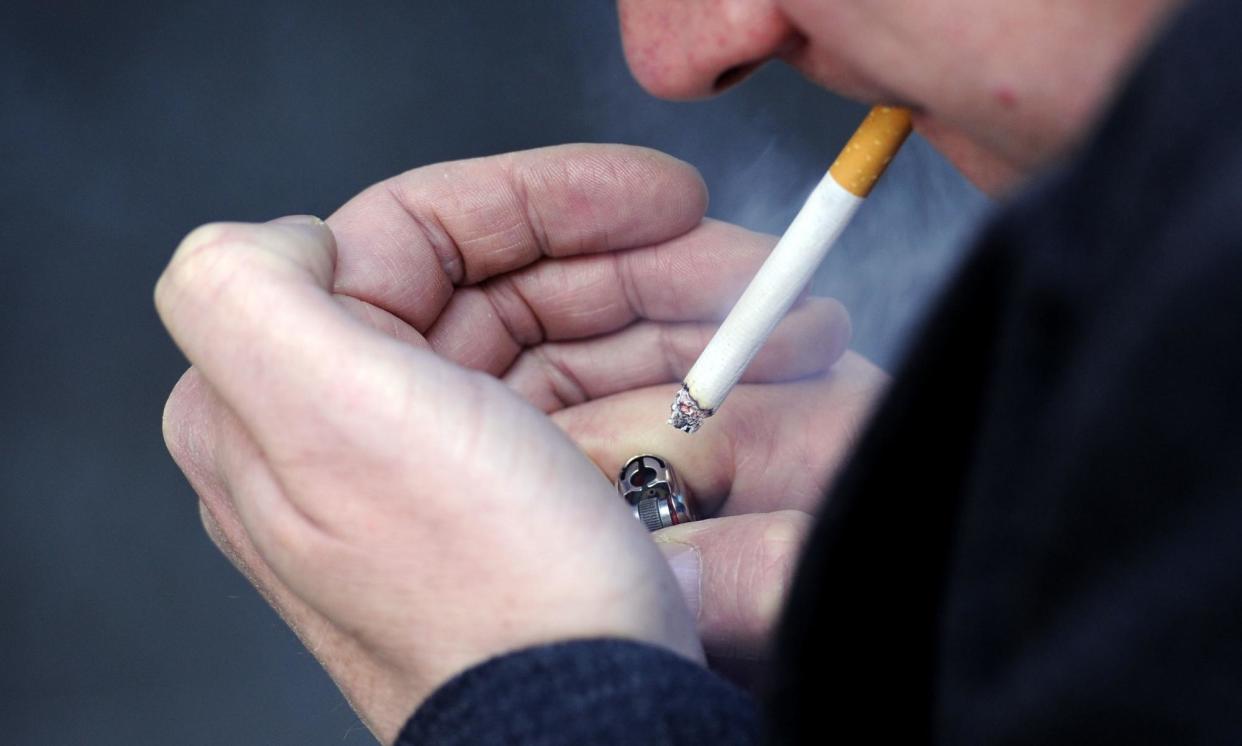Quitting smoking could redirect £11bn a year into local economies, study says

Almost £11bn a year could be spent in England’s communities from money saved on tobacco products if people quit smoking, according to a study.
Published in the journal Tobacco Control and written by academics at the University of Sheffield, the study looked at how much people spent on cigarettes and other tobacco a year, and analysed how this money could be spent in cities and towns instead.
It examined data from the Smoking Toolkit study, made up of 18,721 smoking adults who estimated how much they spent on tobacco products. This was then compared with figures from government tax receipts and national estimates of illegal tobacco use.
The research concluded: “The total dividend in England is estimated to be £10.9bn each year, which equates to £1,776 per person who smokes or £246 per adult regardless of smoking status.”
Dr Damon Morris, the author of the study, said the money spent on tobacco-related products was money people could “instead spend on other things such as in shops, on entertainment or other services”.
“The total economic benefit of going completely smoke-free would be greater than £10.9bn. As well as the local area benefits, there would be savings made by the NHS with fewer ill smokers, and benefits to the wider economy through fewer people being unable to work due to smoking-related illness.”
Meanwhile, a tobacco and vapes bill has been introduced to parliament. Under the proposed legislation, anyone born on or after 1 January 2009 – in effect anyone who is 14 years old or younger now – will not legally be able to buy any tobacco product in England during their lives as the smoking age is increased by one year every year.
If passed, the law would take effect in 2027. The Department of Health and Social Care said it had “the potential to phase out smoking in young people almost completely as early as 2040”. The legislation “would be the most significant public health intervention in a generation”, it added.
Dr Duncan Gillespie, a senior research fellow at Sheffield’s school of medicine and population health, said: “By reducing smoking rates and freeing up disposable income, policymakers have the opportunity to alleviate smoking-induced deprivation and empower individuals to redirect funds towards essential needs.
“This reallocation of resources can contribute to economic prosperity and help to reduce geographic inequalities in society.”
A study from last year found the tobacco industry’s £7.3bn annual revenue was from sales of products that were known to kill half of the people who use them.


